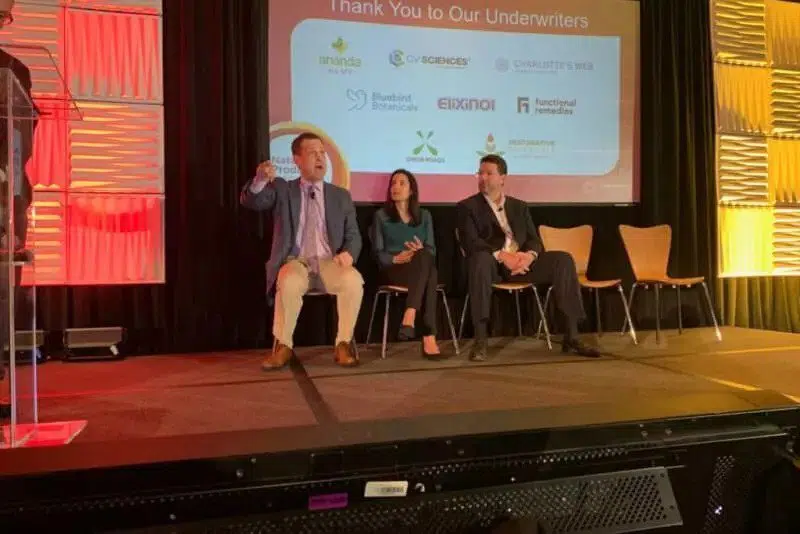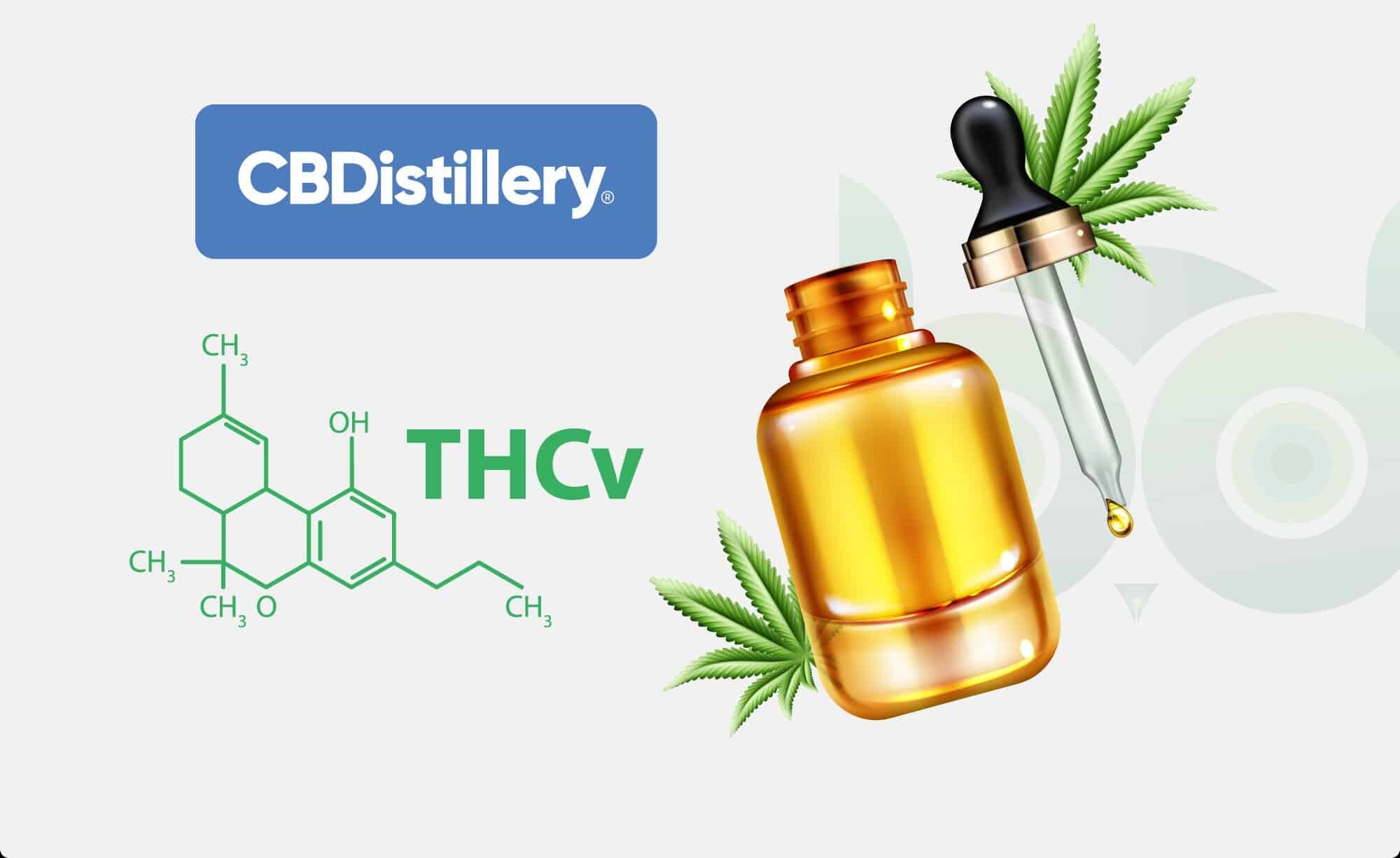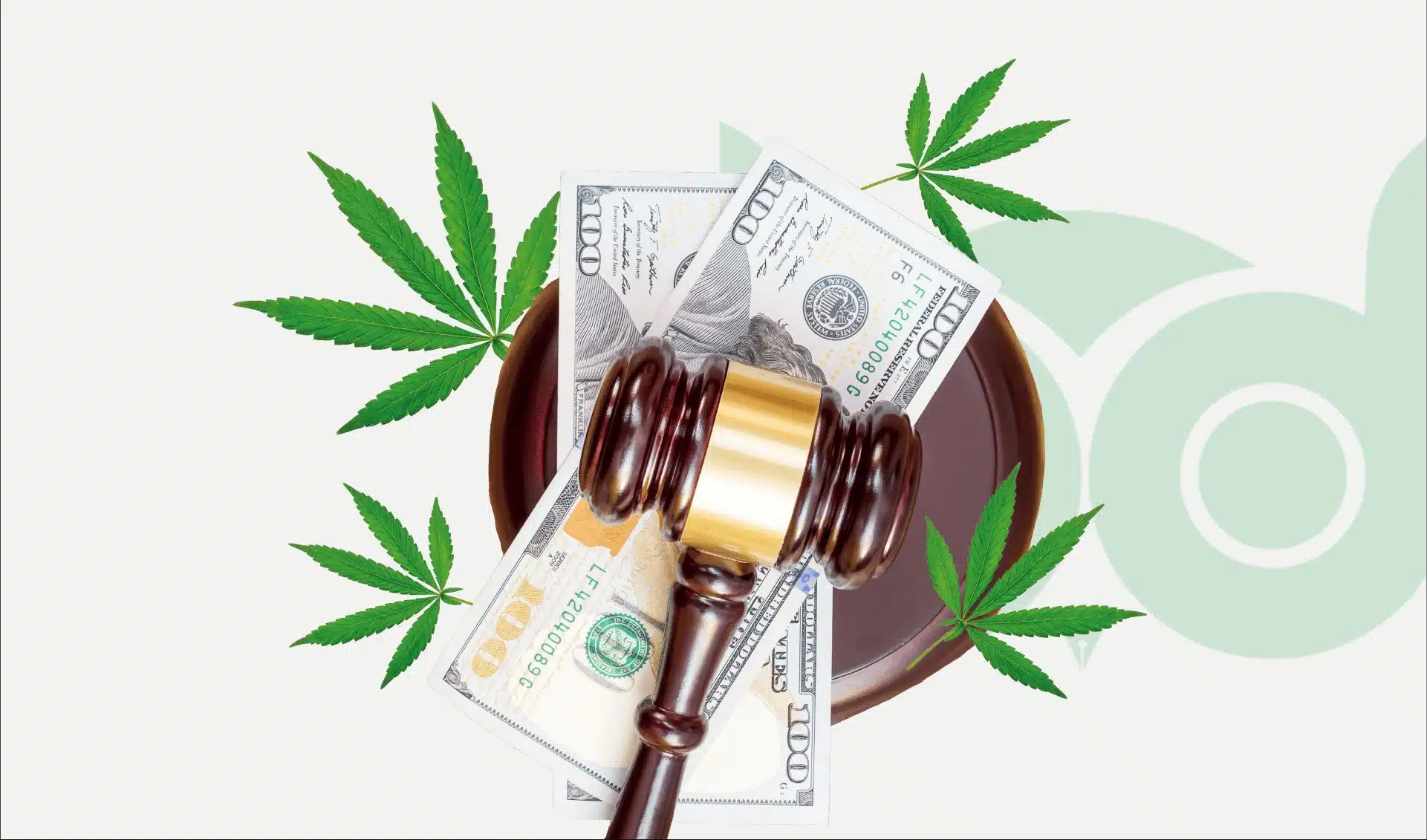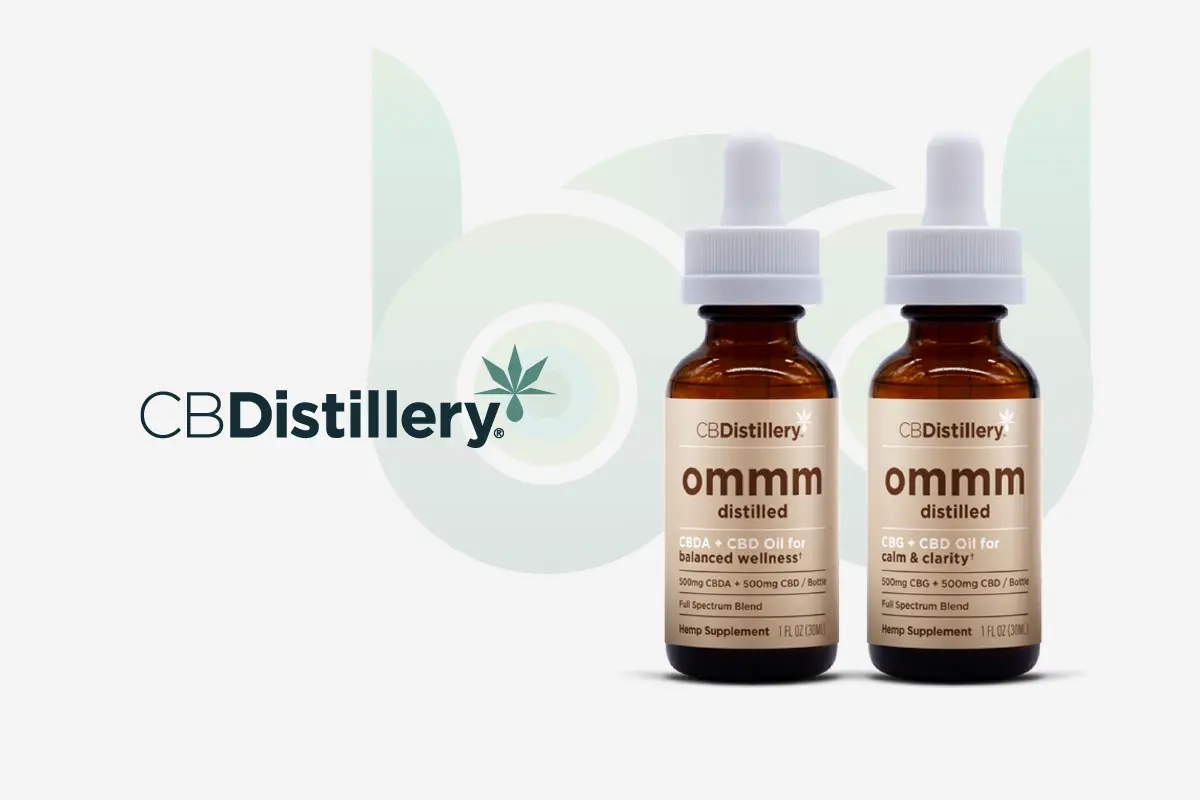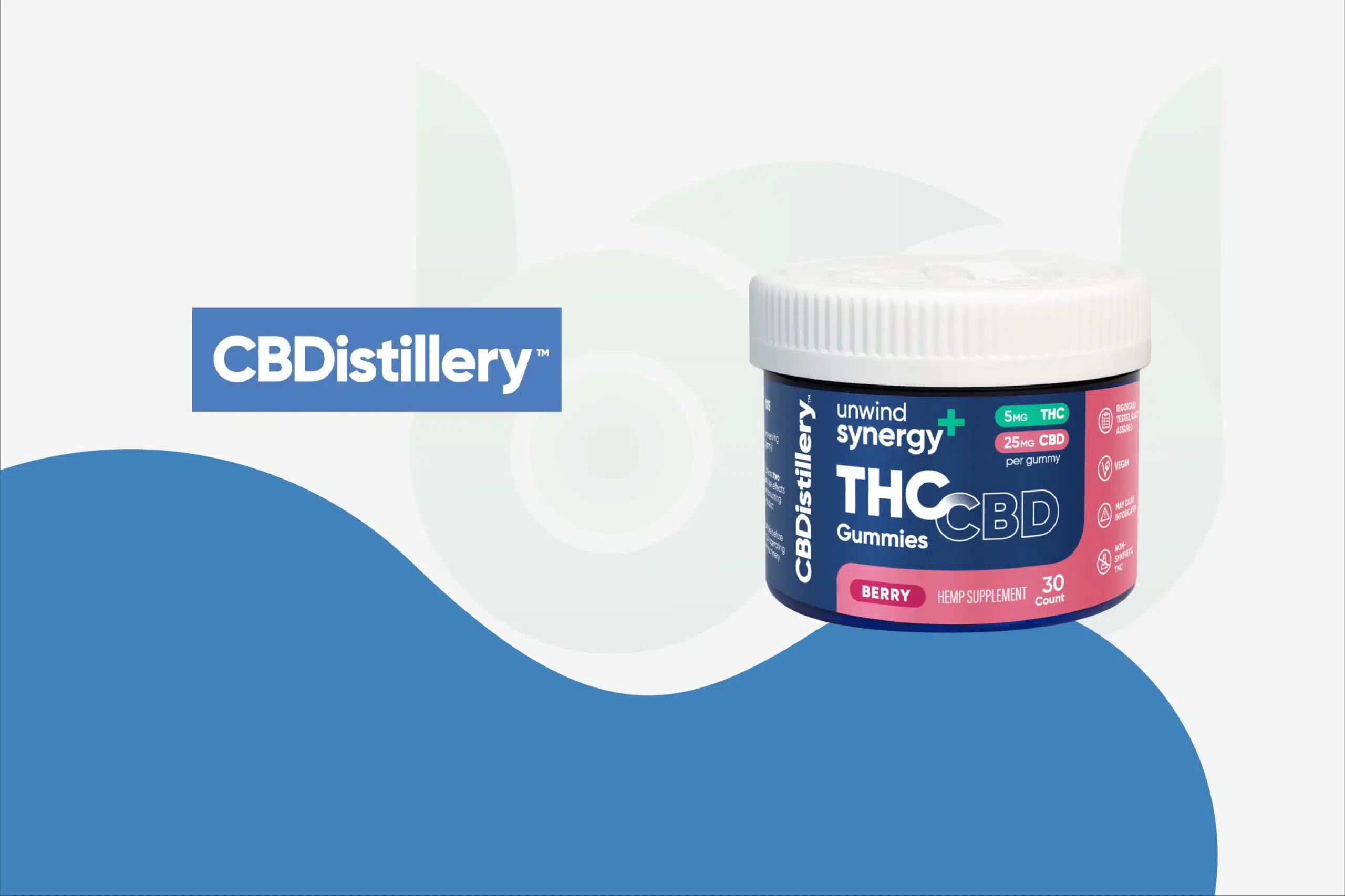-
- Market Research
- |
- CBD Near Me
- |
- Giveaways
- |
- Newsletter
- |
- Contact
- |
- Advertise
- |
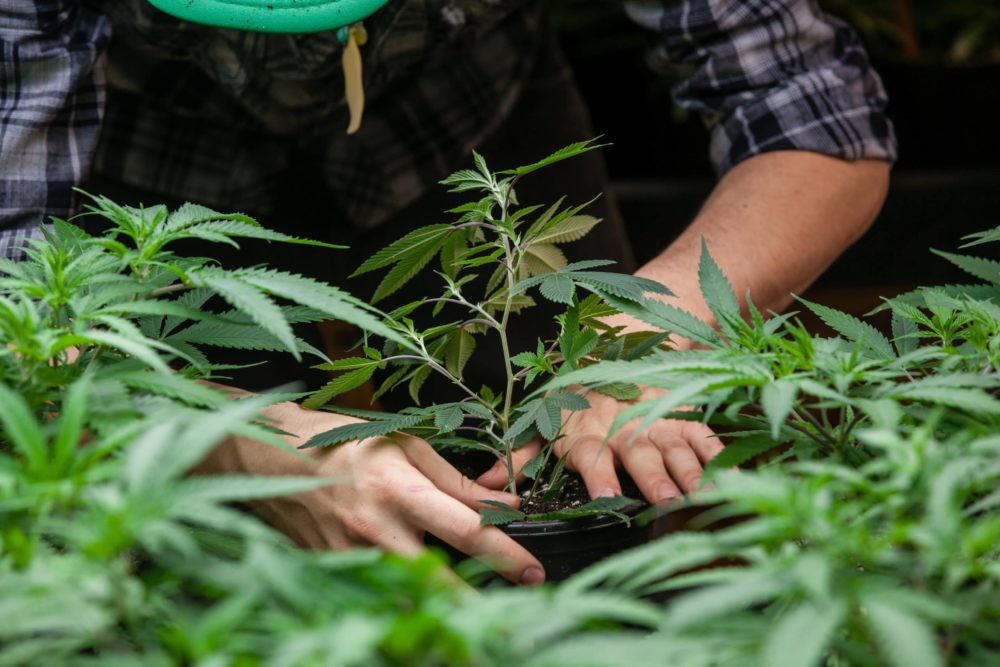
This Tuesday (Feb 8), Rep. Chellie Pingree (D-ME) officially filed the Hemp Advancement Act of 2022, a congressional bill that aims to free hemp producers and industry stakeholders from some of the more restrictive provisions of the 2018 Farm Bill as the industry expands.
The most substantial changes proposed by the new bill include the following:
- “All derivatives, extracts, cannabinoids, isomers, acids, salts, and salts of isomers thereof” will be legally considered hemp.
- The maximum legal concentration of tetrahydrocannabinol concentration would be increased from 0.3% to 1% by dry weight.
- “Total tetrahydrocannabinol concentration” now represents the aggregate concentration of delta-8 THC, delta-9 THC, delta-10 THC, and the “optical isomers of such substances.”
- Individuals banned under the 2018 Farm Bill from growing legal hemp because of prior drug convictions will now be allowed to grow legal hemp.
- Hemp testing laboratories will no longer be required to register with the Drug Enforcement Administration.
Finally, the bill wants to protect hemp producers from a technicality under the 2018 Farm Bill that prevented them from extracting hemp products from certain strains of hemp because the raw material exceeded the 0.3% limit (even though the end product would not).
Though many are hopeful for this bill, which will surely receive bipartisan support to an extent, the first point above as well as the THC isomers provision is likely to be targeted the most, as synthetic isomers of delta-9 THC and other cannabinoids are being banned by several states as we speak.
We asked CBDistillery CEO Chase Terwilliger about his thoughts on the bill, to which he replied, “It would be a big win for the industry. We have many bills and talk at the federal legislative level, but very little has been passed since 2018. We are happy about everything in the bill. Having a total THC of 1% will help eliminate the synthetic THC that some competitors add to their products. It will help the industry and, ultimately, the consumer.”
Lumping the three forms of THC as well as cannabinoid analogs into the definition of THC/hemp and raising the limit to 1% may prove a boon to many CBD producers across the industry, but to those already selling delta-8 THC products, it may render their products federally illegal.
For this reason and others, hemp industry watchers (ourselves included) are likely to hold their anticipation, as this is by no means the first time that an ambitious piece of hemp legislation has been proposed as a symbol of intent to make a little noise before it’s thrown out.
Pingree hopes that, if the act doesn’t make it through committee, it will at least be reflected in the 2023 Farm Bill, which legislators have scheduled to begin negotiation and drafting in late 2022.


